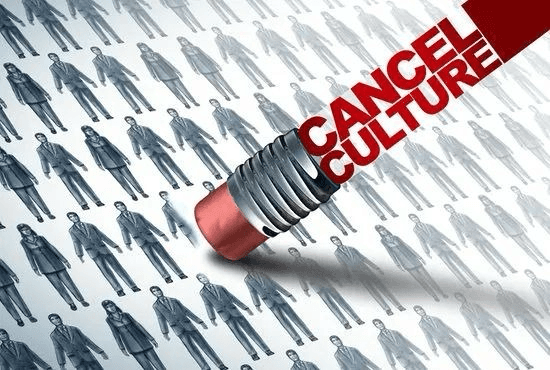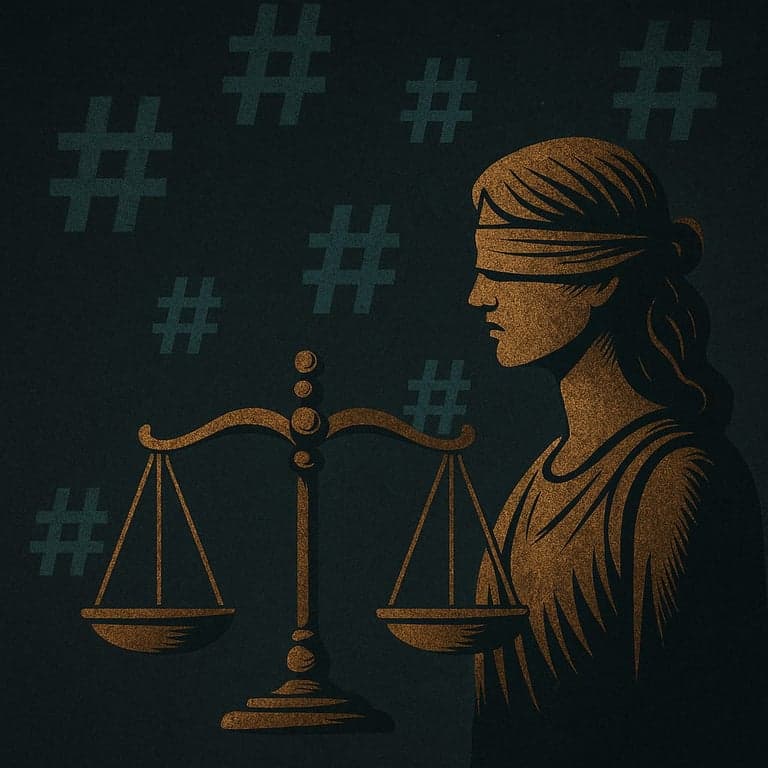
As we are getting adapted to advanced Technologies, competency is the factor that is providing news and ideas through innovations faster than ever. Connecting millions and billions through social media keeps everyone updated. But these same tech-tools are now helping governments to monitor and silence criticism.
Globally leaders have been using tricks like blocking websites, shutting down the internet, and spreading fake news to stop protests and hide the truth. As free speech fights to survive online, it has very little impact in the practical world to be heard and worked upon.
Now the question is ‘Whether the digital age has become a tool of oppression instead of freedom?’
Certainly Governments use a range of methods to control online content and narratives. One common tactic is content filtering and blocking, where sophisticated algorithms are used to restrict access to content deemed subversive or harmful to the state. Major social media platforms such as X, Facebook, and YouTube often face pressure from governments to remove specific content that challenges official narratives.
In order to block content, governments also deploy surveillance and monitoring technologies to track online activities, identify dissenters and prevent the organization of opposition movements. Internet shutdowns, which temporarily suspend internet services, are another frequent method used to silence protests or suppress unfavorable news. Legislative controls, often in the form of vaguely worded laws, are used to criminalize online dissent, intimidate activists and expand state surveillance capabilities.
Authorities may also manipulate algorithms to favor state-approved narratives while suppressing opposing voices. Some governments go as far as co-opting social media platforms to ensure their support for political agendas, as seen in cases like Elon Musk’s support for Donald Trump during the U.S. elections, where platform algorithms were used to prioritize certain narratives.
The economic costs of digital censorship are significant. Internet shutdowns alone have a massive financial impact.
In 2022, global internet blackouts were estimated to cost $10 billion annually, affecting businesses, education and essential services. Countries with the restrictions of censorship also face challenges in attracting foreign investment, as digital objections hinder business operations and innovation. Furthermore, the tech industry suffers as developers and startups struggle to create and distribute innovative solutions within restricted environments.
Several countries have made headlines in recent years for their aggressive digital censorship practices. China’s “Great Firewall” is perhaps the most well-known example of state-controlled internet censorship, restricting access to international platforms like Google and WhatsApp while promoting domestic alternatives such as WeChat and Baidu. The government has used advanced surveillance tools, including facial recognition and social media monitoring, to target individuals critical of the state.
The Indian government’s Information Technology Rules, introduced in 2021, require social media platforms to identify the "first originator" of messages and remove flagged content within 36 hours. Critics argue that these rules infringe on privacy and free speech, placing undue burdens on platforms and enabling greater surveillance. The government has also increased scrutiny of Over-The-Top (OTT) platforms like Netflix and Amazon Prime, leading to self-censorship by creators who fear legal consequences for controversial content.
Investigations have revealed governments invest in the usage of spyware to monitor journalists, opposition leaders and activists, sparking national and international outcry. Also governments of various countries have employed ‘Covert IT Wings’ to monitor online activity and manipulate public opinion.
During events like protests, viral hashtags critical of government policies were countered by entertainment-related hashtags to divert attention.
In response to censorship demands, tech companies face dilemmas about balancing compliance with local laws and upholding free speech. Ultimately making a joke of healthy criticism that might be useful for the community, society, state, or rather looking at a bigger picture of humanity. Voices of common people were curbed and are still being curbed by those who are in authority as the system corrupts even those who tries to work with honesty and integrity by holding a position of dominance.
Written by Devaraj P


